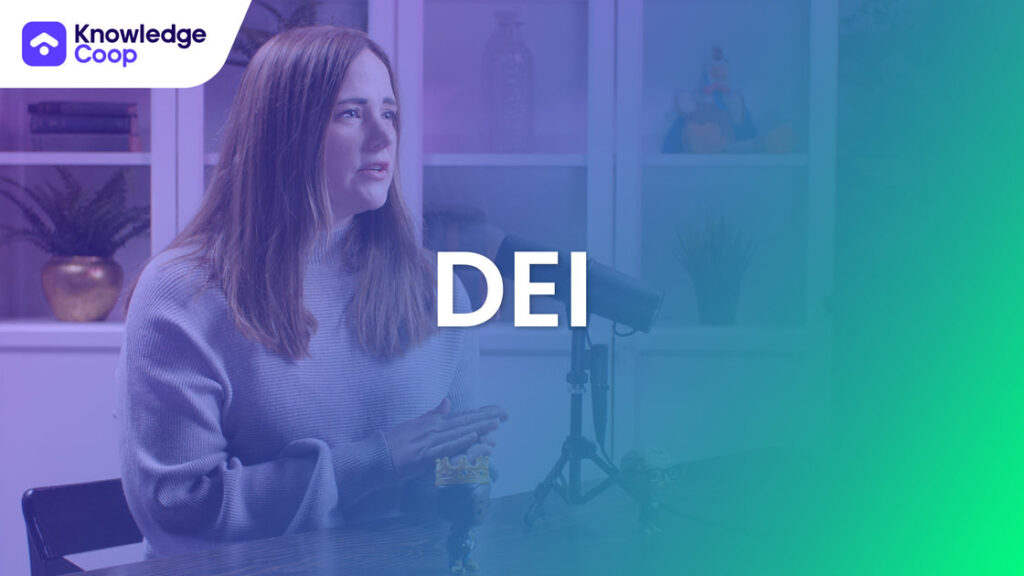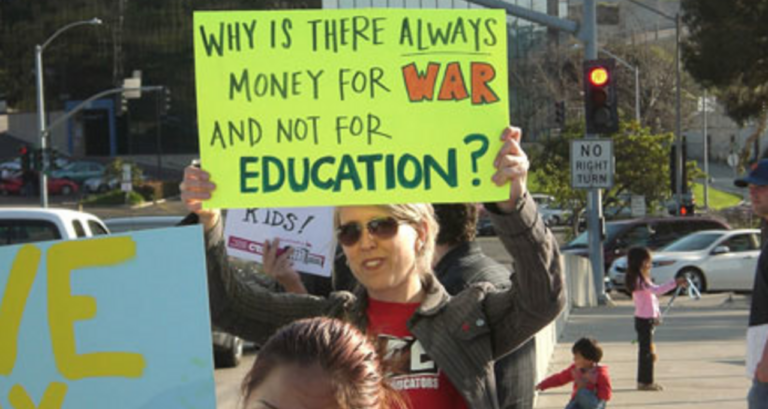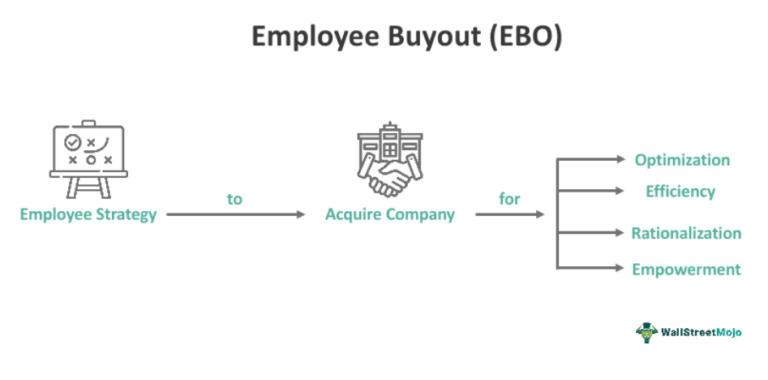
The Changing Face of Corporate DEI: A Shift Away from Inclusion
In recent years, the conversation around diversity, equity, and inclusion (DEI) has gained a lot of attention, especially in corporate America. Major companies like General Motors, Disney, Google, and Pepsi once proudly touted their commitments to creating workplaces that embraced all differences—whether they were about race, gender, sexual orientation, or abilities. However, a recent analysis by NPR highlights a noteworthy shift: these companies are now either removing or altering their references to DEI in their annual reports. Why is this happening, and what does it mean for the future of the workplace? Let’s explore this topic further as we dive into the implications of this trend.
What Exactly is DEI?
Before we dig deeper, let’s quickly break down what diversity, equity, and inclusion really mean.
- Diversity refers to the variety of backgrounds and experiences among employees. This can include differences in race, gender, age, disability, sexual orientation, and much more.
- Equity focuses on fairness. It means ensuring that all employees have access to the same opportunities and resources, while also recognizing that different groups may need different kinds of support to achieve those opportunities.
- Inclusion is about creating a workplace environment where everyone feels valued and accepted. It’s not just about having a diverse group of people but ensuring that everyone has a voice and can participate fully.
When companies promote DEI, they often try to create a culture where everyone can thrive. This can lead to a more innovative, engaged, and satisfied workforce. However, it seems that for some major companies, the winds are shifting.
The Political Landscape
One of the leading factors for this change appears to be the political climate in the United States. Over the past few years, there has been a notable backlash against DEI initiatives, particularly from conservative political groups. These groups argue that such programs can sometimes lead to division rather than unity, and they’ve increasingly pressured companies to reconsider their DEI commitments.
This pressure has led some firms to begin removing or downplaying their DEI efforts in public documents like annual reports. The debate surrounding DEI has reached such a level that some companies may fear backlash if they’re seen as “too woke” or overly focused on social justice issues. Consequently, some organizations may be opting for silence rather than risk alienating certain stakeholders.
Take a look at the recent updates from these companies. For instance, General Motors, which previously emphasized its stance on diversity in hiring practices, has become more reserved in its reporting. Disney has also shown shifts in language around DEI and inclusivity initiatives. These moves suggest a trend where being inclusive may no longer be viewed as beneficial by certain corporate leaders.
The ‘Quiet’ Retreat
What’s particularly interesting about this shift is the way some companies are handling it. Many are not making loud announcements about their withdrawals from DEI commitments; instead, they are quietly removing or altering references in their reports. This silence indicates a growing apprehension among corporate leaders about expressing their values, especially if those values become points of political contention.
This trend could mean that companies are prioritizing their bottom line over the ethical imperative of fostering inclusivity. Linda, a senior at my school who aspires to work in corporate human resources, says, “It’s kind of disappointing. I grew up hearing how important it is to celebrate differences, and now it feels like companies are backing away from that message because they’re scared of what people might say.”
In the past, many organizations saw DEI as part of an essential moral obligation and a way to connect with an increasingly diverse consumer base. Today, however, the fear of political backlash and economic consequences is steering some companies away from those ideals.
The Response from the Public and Employees
While some corporate leaders are scaling back their DEI initiatives, workers and consumers are responding differently. Many employees from various backgrounds are voicing their concerns. They worry that the retreat from DEI compromises their workplace environment and limits their professional growth.
You can think of DEI like a sports team: every player has their unique skills and attributes that can contribute to overall success. If you start benching players based on preference instead of talent, it not only affects the team dynamic, but it also sends a message that everyone is not valued equally. That’s why workers are pushing back against these changes—they believe a diverse group leads to better creativity and problem-solving.
Many consumers are also becoming more vocal. They expect companies they support to stand for something. If a brand promotes inclusivity but later steps back from it, customers may feel deceived and choose to take their business elsewhere. Social media has become a powerful platform for employees and consumers alike to express their views on this issue.
People are sharing stories about their experiences and demanding accountability from companies. For example, if a major fast-food chain markets itself as being inclusive by highlighting hiring diverse staff, and then shifts to avoiding or ignoring DEI in its communications, consumers might call them out on it.
Looking Forward: What Can Companies Do?
For those companies still committed to DEI, the current climate poses a challenge but also an opportunity. By remaining steadfast in their initiatives, they can set examples for others and build stronger cultures within their organizations. For instance, organizations like Google have shown dedication to diversity in the tech field and can serve as role models.
However, communicating these values becomes crucial. Transparency is key—companies need to not only declare their commitments but also share the progress they’re making and the challenges they face. This honesty will resonate with both employees and consumers, building a stronger connection.
Additionally, organizations can engage with the communities they serve. It doesn’t just mean hosting events or making announcements; it’s about integrating inclusivity in every aspect of the business. This includes hiring practices, supplier diversity, and community investment. Companies should be finding ways to ensure that their practices are equitable and that everyone has a seat at the table.
Conclusion: Why This Matters
The changes regarding DEI in major companies point to a significant cultural shift in business. The future of diverse and inclusive workplaces could be at a crossroads. The seeming retreat from DEI commitments raises many questions about what truly matters to corporate America and what it means for future employees.
As high school students and future professionals, we should care about these changes. After all, we’ll be entering a world shaped by these decisions. Will we find ourselves in workplaces that embrace diversity and values that resonate with us? Or will we enter environments where only the loudest voices are heard, leaving many contributions unwelcome and unnoticed?
What do you think about the recent trend of major companies stepping back from their DEI commitments? Do you feel that it’s important for companies to stand up for inclusivity, even in the face of criticism? I’d love to hear your thoughts in the comments below!





